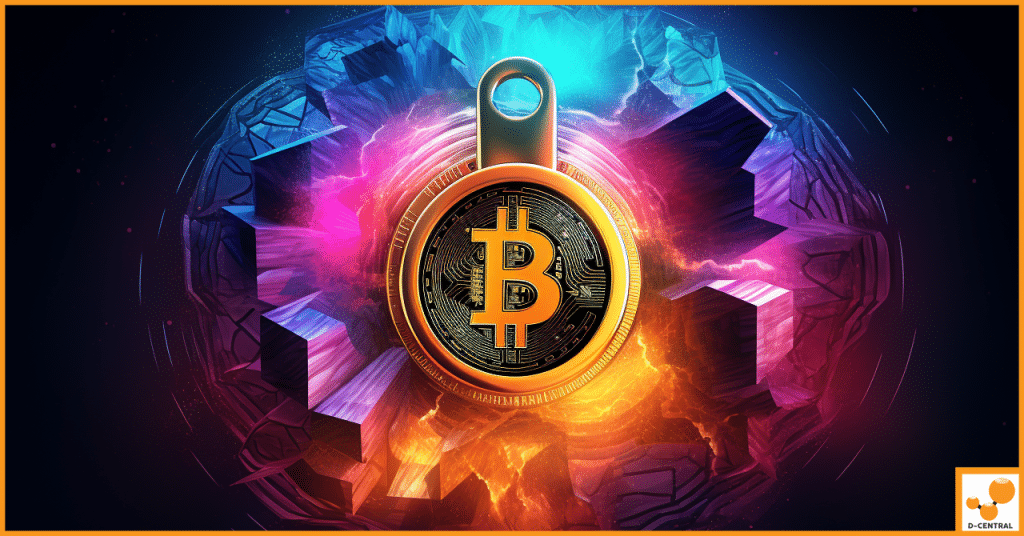Revolutionizing Bitcoin Security: Transforming Private Keys into a Rainbow of Colors
In the ever-evolving world of cryptocurrencies, Bitcoin stands as the undisputed king. Its decentralized nature, coupled with the promise of financial freedom, has attracted millions of users worldwide. However, with great power comes great responsibility. The security of Bitcoin, particularly the safeguarding of private keys, is a critical aspect that every user must prioritize. Bitcoin […]
Revolutionizing Bitcoin Security: Transforming Private Keys into a Rainbow of Colors Read More »









